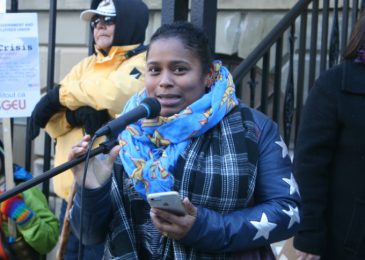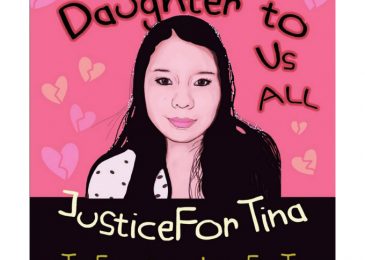Pamela Lovelace: The Glaze Report removes diversity and marginalized voices from local decision making
Pamela Lovelace writes on the elimination of school boards. “The long, sordid history of racism and sexism in Nova Scotia continues to simmer with this oppressive decision. Women and African Nova Scotians will no longer have a seat at the local decision-making table.”










